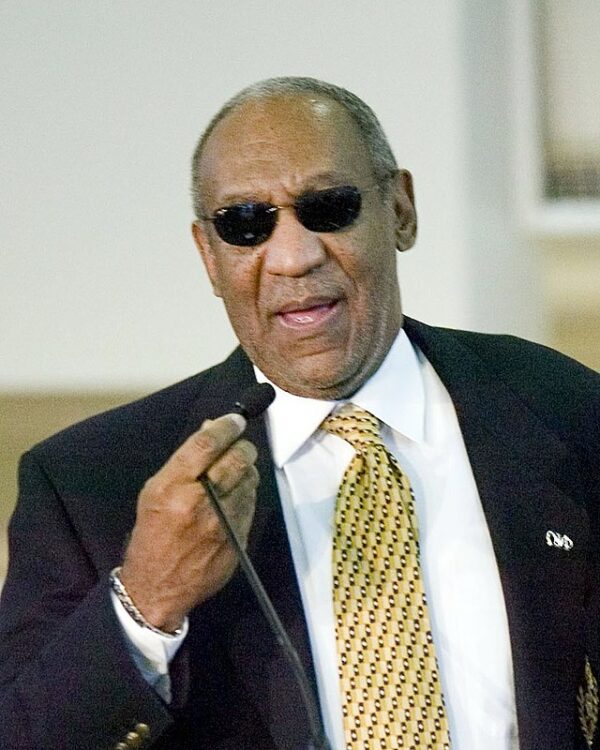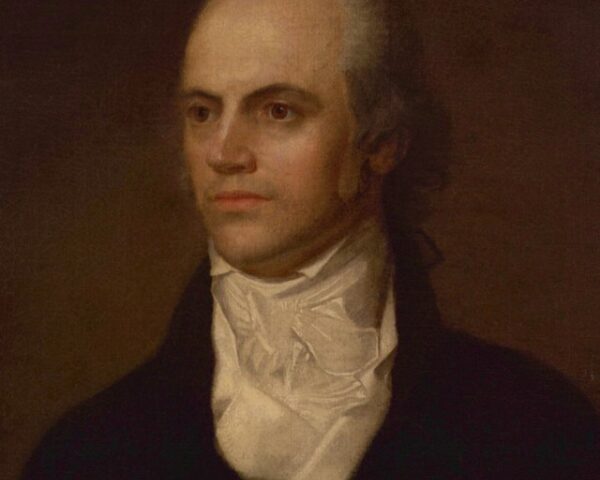On September 25, 2018, Bill Cosby was sentenced to three to ten years in a Pennsylvania state prison for aggravated sexual assault—a stunning reversal for a once-revered entertainer who built his persona as America’s avuncular moralist. The punishment closed a protracted legal saga arising from the 2004 assault of Andrea Constand, a former Temple University employee, who testified that Cosby drugged and violated her at his home in Cheltenham. Judge Steven T. O’Neill, presiding at the Montgomery County Courthouse in Norristown, ordered Cosby taken into custody immediately, rejecting defense pleas for bail pending appeal. The moment—Cosby in handcuffs, led out by deputies—became a defining image of accountability in an era newly alert to abuses of power.
Before imposing the term, O’Neill designated Cosby a “sexually violent predator,” a classification under Pennsylvania law that carries lifetime registration, counseling, and community-notification requirements. Prosecutors argued the label reflected a pattern consistent with accounts voiced by numerous women, many of whose allegations were too old to charge but closely mirrored Constand’s description of incapacitation and assault. Defense attorneys called the assessment speculative and punitive, pointing to Cosby’s age—eighty-one—and blindness, and contending that he presented no ongoing danger to the community. The court found otherwise, emphasizing the state’s interests in deterrence, protection, and denunciation.
The path to sentencing had already been long and contentious. Cosby’s first trial in 2017 ended with a hung jury after days of deliberation. A retrial in April 2018 produced convictions on three counts of aggravated indecent assault, aided by additional witnesses and a more focused presentation of the pharmacological elements at issue. The verdict landed amid a broader #MeToo reckoning that challenged the impunity long enjoyed by powerful men and pushed institutions—from universities to networks—to rethink how they respond to allegations of sexual misconduct.
At the hearing, prosecutors pressed for substantial incarceration, stressing the seriousness of drug-facilitated assault and the need for general deterrence. Constand’s victim-impact statement, read in court, described years of anxiety, disorientation, and professional disruption, as well as the humiliation that attended public scrutiny. Cosby’s lawyers sought leniency and home confinement, citing his philanthropic record and the steep financial and reputational penalties he had already incurred. O’Neill, applying Pennsylvania’s guidelines, set a minimum term of three years and a maximum of ten, signaling that age and celebrity would not eclipse the gravity of the offense.
Outside the courthouse, the decision resonated beyond the particulars of one case. Survivors’ advocates hailed the outcome as evidence that wealth and fame no longer guarantee leniency. Several of Cosby’s accusers, whose allegations spanned decades, described a measure of vindication in watching the former television icon leave the courtroom in handcuffs. Cosby’s spokesman denounced the process as unfair and politically charged, previewing appeals and casting the trial as a product of cultural hysteria rather than evidentiary rigor. The polarized reactions captured a national argument over due process, power, and belief.
Within the entertainment industry, the sentence cemented the collapse of a public image carefully curated over half a century. Networks had already pulled reruns, universities rescinded honorary degrees, and corporate partnerships dissolved. The courtroom outcome sharpened debates about statutes of limitation, the standards for corroborating historical claims, and whether it is possible—or desirable—to separate art from artist when allegations concern systematic exploitation rather than a singular lapse. The myth of “America’s Dad,” once used to sell sweaters and sermons on responsibility, could not survive testimony about calculated predation behind closed doors.
In 2021, the Pennsylvania Supreme Court overturned Cosby’s conviction on due-process grounds, concluding that a prior nonprosecution assurance by a former district attorney should have barred the case.






